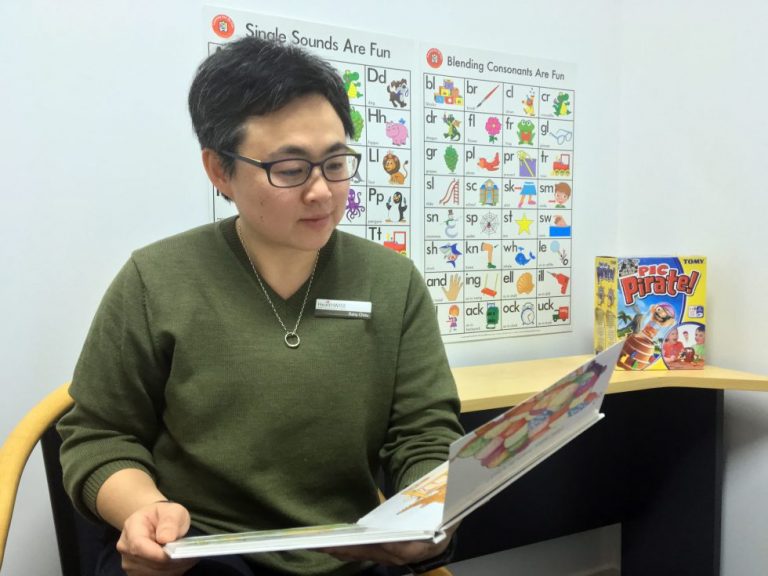Literacy has the power to transform lives. Basic literacy skills open doors to countless opportunities, and improve health, the economy, access to jobs, gender equality, democracy, peace and overall quality of life.
“Research around the world has proved that children who are read to regularly are better able to learn to read easily, happily and quickly,” says children’s author Mem Fox.
“Listening to beloved stories again and again is a step on the road to literacy that cannot be ignored, no matter how gifted children might be, or how disadvantaged; no matter what grade a child is in, or how young or old; no matter which language children speak; no matter when they start school; no matter which country or city or town or suburb they live in; no matter how far behind they are in their schooling.”
“Illiteracy weakens communities and undermines democratic processes through marginalisation and exclusion,” says former United Nations Secretary-General Ban Ki-moon.
Although huge steps have been taken toward global literacy, there are still around 773 million adults and young people without basic literacy skills, and around 617 million children and adolescents who are not reaching minimum proficiency levels in reading and mathematics.
According to the World Literacy Foundation, illiteracy costs the global economy $1.5 trillion annually. The COVID-19 crisis has highlighted this issue and limited access to learning opportunities; disrupting 91% of students across the world, with schools closed down in over 190 countries.
According to UNESCO, ‘educators are at the heart of promoting quality lifelong learning’. This is why this year’s International Literacy Day (Tuesday, September 8, 2020), themed ‘Literacy teaching and learning in the COVID-19 crisis and beyond’, focuses on the role of educators and changing teaching methods.
At Sounds good to me, we are well aware of the vital role educators play in promoting literacy and many other valuable life skills. This is why our online school readiness courses bring in the expertise of speech pathologists, to give early educators a helping hand by embedding phonological awareness into their programs. Phonological awareness refers to a range of pre-literacy skills that improve children’s chances of successfully learning to read when they reach school.

